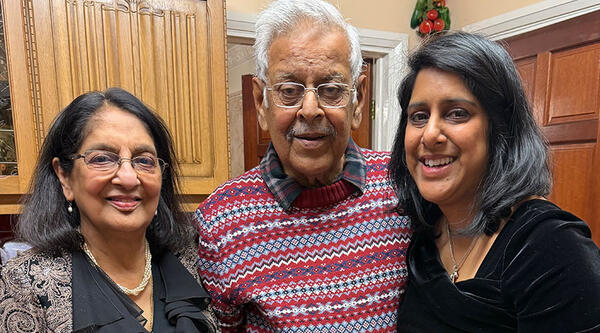Financial assessments
Not everyone will have their care and support paid for by their local authority. After a care needs assessment or a carer's assessment, a local authority will carry out a financial assessment to see who needs to pay, and how much.
Assessment for care and support
What is a financial assessment?
Not everyone will have their care and support paid for by their local authority. After an assessment has been completed, there will be a financial assessment to decide how much the person will pay and how much the local authority will pay, if anything.
If the person with dementia needs to move into a care home, the local authority will assess the person’s income and savings according to national rules.
Care at home
Local authorities have different procedures for charging for care in the person’s own home, the time it takes to assess whether someone has to pay, and the amounts they charge. These charges should always be ‘reasonable’ and leave the person with enough money to continue to run their home.
If you or the person with dementia thinks the charge for care and support services is unreasonable, you should ask the local authority for a breakdown of costs and explanation of how the decision was made.
The Care Act 2014 provides guidance for local authorities to follow, so that people can afford to receive services. The local authority will calculate the cost of the services to be provided.
Examples of these services could be:
- personal care at home
- frozen meals delivered to your home
- transport
- a personal assistant who provides care and is directly employed by the person or their carer.
The local authority will carry out the financial assessment. From this, it will work out how much the person should pay towards the cost of these services, if anything. The local authority must provide you with a breakdown of how they worked out the charge.
- Page last reviewed:








